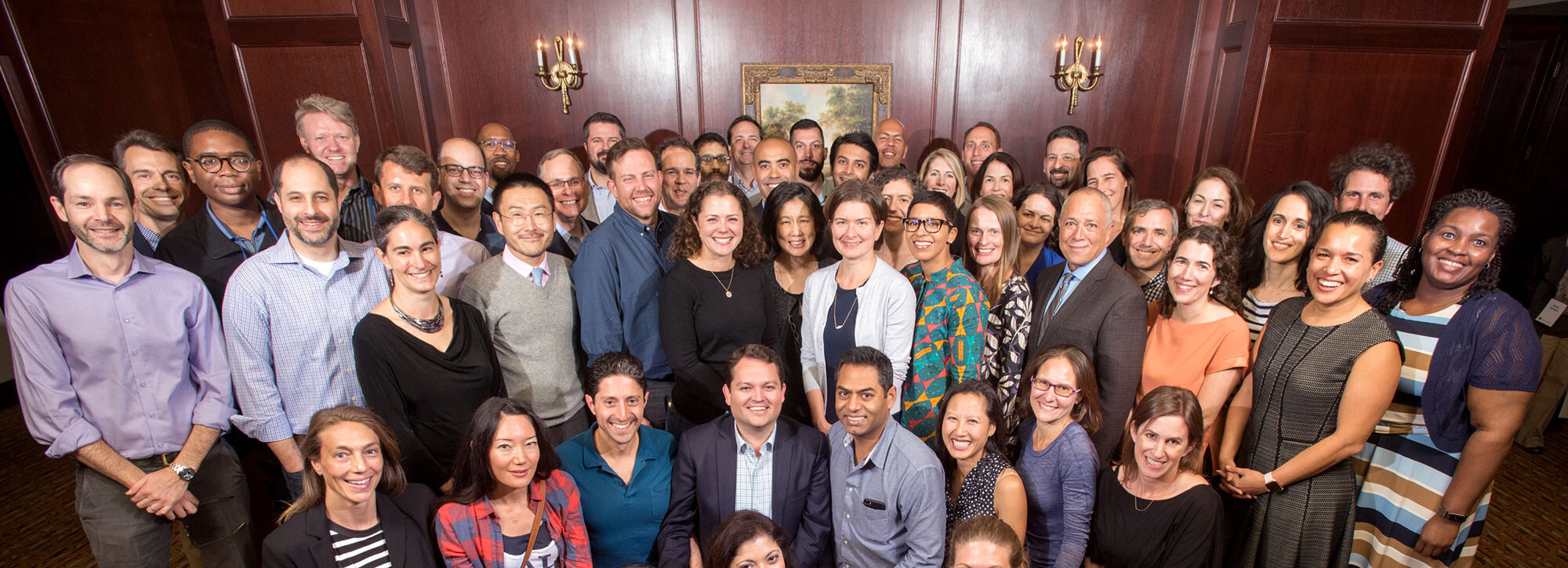Yale Law School is a wonderful place to work, and its administrative team is one of the best in legal education. If you are intrigued by the idea of coming back to the School, and of entering the world of legal academic administration—or know of one of your law school classmates who is—we would be most interested in hearing from you. Please see below for job listings of open positions at the School and elsewhere.
A number of fellowships are available to our graduates. For example, the Bernstein, Liman, Gruber, Ford Foundation, and Heyman Fellowships support work in various types of public interest positions. The Robert M. Cover Fellowship and Information Society Project (ISP) Resident and Visiting Fellowships are among those available for alumni/ae interested in careers in academia.
